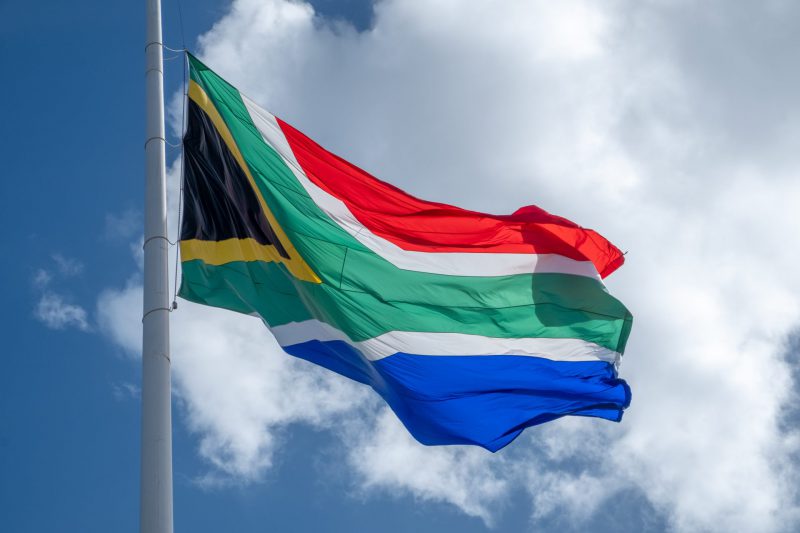The BRICS nations, backed by other countries, have been collaborating to challenge the dominance of the U.S. dollar. To achieve this goal, the BRICS coalition, consisting of Brazil, Russia, India, China, and South Africa, has been working on creating its own currency. However, a South African foreign minister has warned the group to proceed cautiously and avoid making hasty decisions.
The collective population of the BRICS countries is close to 3.2 billion. This represents 40% of the world’s population and accounts for almost a third of the global economic output. As such, it is one of the most significant economic groups globally. In addition, about 24 countries have shown an interest in accepting and conducting trade using the BRICS currency.
The prospect of the BRICS currency replacing the U.S. dollar as the dominant global currency has been discussed by some, but others believe that it may take a while to happen. It’s possible that the dollar could continue to be the dominant global currency for an extended period, even after the launch of the BRICS currency.
The South African Foreign Minister, however, acknowledged the fact that South Africa holds a significant amount of debt in U.S. dollars, which means they need to be responsible in approaching any discussions around changing the current system. During an interview in Cape Town, Naledi Pandor, the South African Minister of International Relations and Cooperation said,
“South Africa has an internationally traded currency. However, we hold a lot of debt in dollars so you know we have to approach this discussion responsibly.”
With significant accountable debt, South Africa is likely to take the transition into BRICS currency slower than the others.
Pandor’s word of advice to BRICS leaders
During an interview in Cape Town, Naledi Pandor, the South African Minister of International Relations and Cooperation, emphasized the need for BRICS leaders to engage in thorough discussions on the matter. Pandor further added,
“I don’t like preempting BRICS leaders’ discussions. It’s a matter we must discuss and discuss properly. I don’t think we should always assume the idea will work because economics is very difficult and you have to have regard to all countries, especially in a situation of low growth when you are emerging from crises.”





